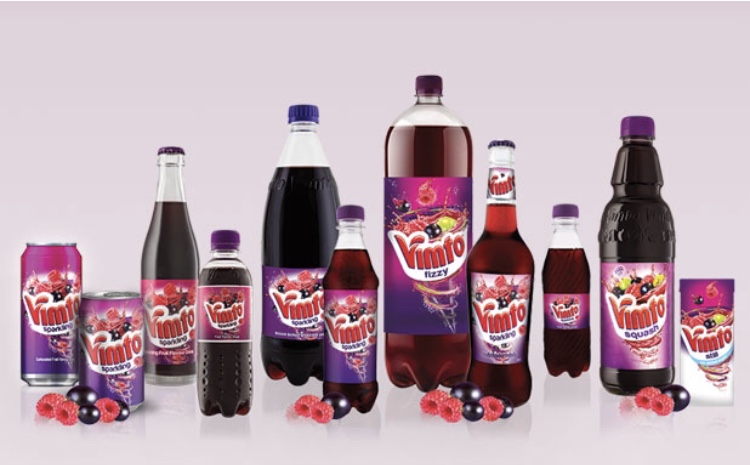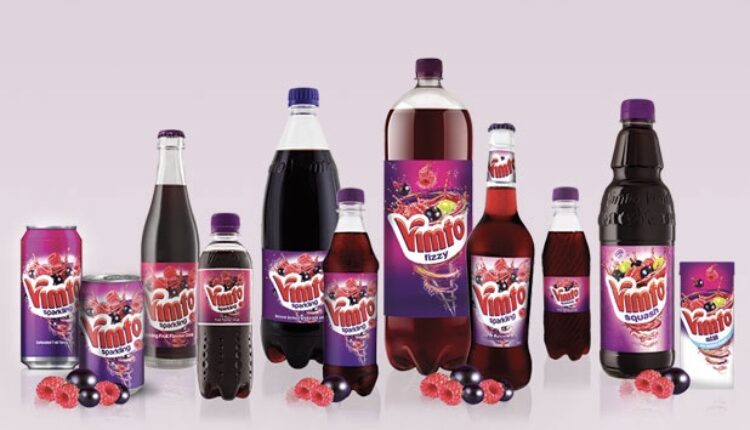Vimto maker Nichols raises profit forecast
Based in Liverpool City Region, Nichols sells Vimto and other soft drinks all over the world and has raised its full-year profit expectations as its recovery accelerates. Tony McDonough reports

Vimto maker Nichols has raised its full-year profit expectations as its recovery from the impact of the pandemic accelerates.
In a trading update for the nine months to September 30, Liverpool city region-based Nichols said group revenue was £107m, up 17% on 2021 and ahead of the board’s expectations. Revenues were up both in the UK and overseas.
The stock market-listed business now says it expects adjusted pre-tax profit for the full year to be in the range of £21m to £22m, despite ongoing uncertainty around COVID-19 infection rates. This is ahead of current market expectations.
Nichols sells Vimto and other soft drinks brands, including Feel Good, Starslush, ICEE, Levi Roots and Sunkist, across the UK and to 85 countries across the world. Vimto is particularly popular in the Muslim world during the holy month of Ramadan. Vimto provides a quick boost of sugar-filled energy following the dawn ’til dusk fast.
During the nine-month period, the company has continued to deliver a strong performance across all of its markets. In the UK, Vimto brand value has increased by 4.5% according to an independent measurement.
In Africa, the Middle East, Europe and the US the brand continued to see progress year on year, with International revenues increasing 36% versus the prior year. The group’s ‘out of home’ route to market continues to recover from the impact of the pandemic and has seen growth of 29% year on year.
Out of home refers to sales of its products in hospitality outlets such as cafes, bars and hotels. For much of 2020, such businesses were either closed due to lockdown or saw footfall severely restricted.
The statement said: “Cash generation has continued to be very positive through 2021 and ,despite the ongoing financial challenges posed by the pandemic, cash and cash equivalents at the end of the period were £55.6m (September 30, 2020: £45.4m).”

